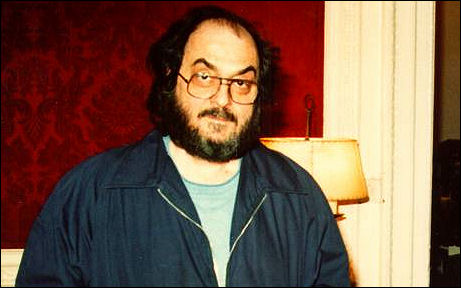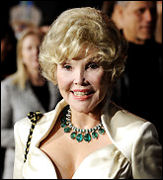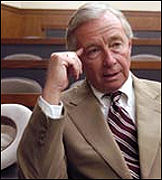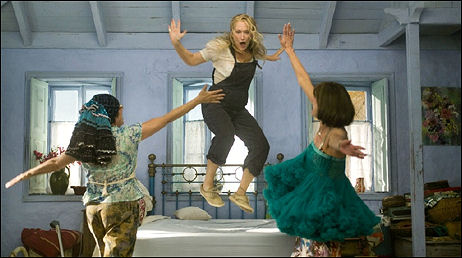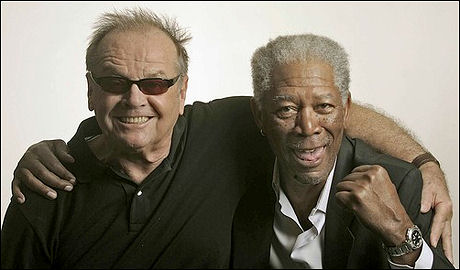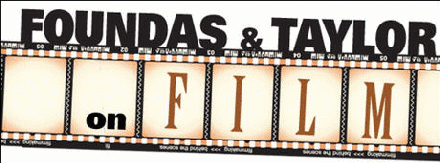Here are HE’s reactions to some of the just-announced Golden Globe nominations:
Best Drama: American Gangster, Atonement, Eastern Promises, The Great Debaters, Michael Clayton, No Country for Old Men, There Will Be Blood. Response: What is that, seven nominations? Why not ten like the Broadcast Film Critics list? The HFPA’s belief that David Cronenberg‘s Russian penis movie is among the year’s best dramas while not even including Zodiac and The Assassination of Jesse James by the Coward Robert Ford is amusing, at the very least. History will judge their lack of vision and backbone accordingly.
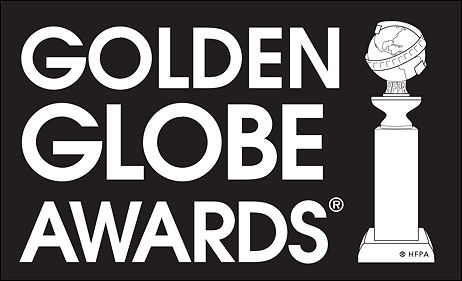
Best Performance by an Actress in a Motion Picture — Drama: Cate Blanchett (Elizabeth: The Golden Age), Julie Christie (Away From Her), Jodie Foster (The Brave One), Angelina Jolie (A Mighty Heart), Keira Knightley (Atonement). Response: The Blanchett nomination is a joke. Conventional wisdom says it’s Christie’s to lose…and she could manage that if she doesn’t get out there and “work it” — which she’s said to be reluctant to do. The jackals and the wild dogs of Kenya can smell this attitude, and if they’re “smart” (in a vicious, dog-eat-dog, rules-of-the-game sense of the term), they’ll gang up and take her down. She’s definitely a vulnerable wildebeest.
Best Performance by an Actor in a Motion Picture — Drama: George Clooney Michael Clayton), Daniel Day-Lewis (There Will Be Blood), James McAvoy (Atonement), Viggo Mortensen (Eastern Promises), Denzel Washington (American Gangster). Response: They nominate Mortensen, Washington and Clooney but blow off HE faves Benicio del Toro and Sam Riley? I don’t care how repetitious I sound by bringing this up time and again, but this is a matter of breathtaking epic-scale denial. Del Toro and Riley gave landmark performances, and HFPA nominators are playing political suck-up games by nominating Clooney, Washington and Mortensen, all of whom (a) will look good on the red carpet but (b) gave very good but not quite award-level performances.
Best Motion Picture — Musical Or Comedy: Across The Universe, Charlie Wilson’s War, Hairspray, Juno, Sweeney Todd. Comment: The Across the Universe nomination is a sop and a joke. Arterial fire-hydrant issues aside, the winner really ought to be Sweeney Todd. If the blood kills it, Juno will gake the prize. Why isn’t Once nominated in this category? It’s easily superior in every respect to Across the Universe — more intimate, better acted, more honestly emotional, etc.
Best Performance by an Actress in a Motion Picture — Musical or Comedy: Amy Adams, Nikki Blonsky, Helena Bonham Carter, Marion Cotillard, Ellen Page. Comment: All sublime performances, but Cotillard deserves to win. Of course, she could very possibly lose because La Vie en Rose came out so long ago, blah blah. Picturehouse needs to bring Cotillard back to Los Angeles in early January and keep her there.
Best Supporting Actor: Casey Affleck, Javier Bardem, Philip Seymour Hoffman, John Travolta, Tom Wilkinson. Comment: Travolta is the weak sister in the group. Bardem will probably prevail, especially given his Spanish heritage and the HFPA’s presumed favoritism for foreign-reared contenders.
Best Supporting Actress: Cate Blanchett, Saoirse Ronan, Julia Roberts, Amy Ryan, Tilda Swinton. Comment: How formidable is the Ryan blitzkreig? Will the HFPA membership knuckle under and go along, or will they grow a pair and stand up for Blanchett or Swinton? Ronan is in there to round out the pack. The Roberts nomination is a case of the HFPA simply wanting her to attend the awards show.
Best Screenplay: Diablo Cody Juno), Joel Coen & Ethan Coen (No Country for Old Men), Christopher Hampton (Atonement), Ronald Harwood (The Diving Bell & the Butterfly), Aaron Sorkin (Charlie Wilson’s War). Comment: The Coens, of course, but it wouldn’t surprise me if Cody, who’s slightly better at working a room than Joel and Ethan, nabs it.
A friend just wrote to say that “the biggest disappointment in the Best Actor category is Tommy Lee Jones not getting any love for In The Valley of Elah.” Jones was superb in that film, yes, but I liked him even more in his somewhat quieter No Country supporting performance…and he was shut out there also.


